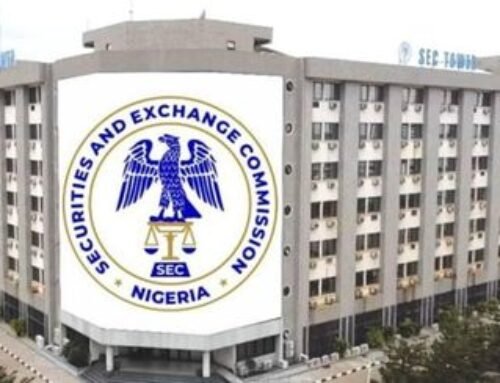
Ghana’s debt restructuring deal with Eurobond holders recently received approval from the Official Creditor Committee (OCC), which includes Ghana’s bilateral lenders.
In a statement released by the Finance Ministry on July 8, 2024, the government announced formal confirmation from its OCC. The Agreement in Principle reached with representatives of Eurobond holders is consistent with the Comparability of Treatment principle, which mandates that Ghana’s debt owed to all external creditors under the restructuring scope must be treated comparably.
Under the new agreement, Eurobond holders face a 37% haircut, meaning investors accept nominal losses of 37% on their holdings and a suspension of coupon rates until 2026. As part of this deal, $4.7 billion of Ghana’s debt is cancelled, and an additional $4.4 billion in debt service relief is provided.
Following the COVID-19 pandemic, the war in Ukraine, and rising global interest rates, Ghana defaulted on most of its $30 billion in external debt in 2022. This situation led the country to seek a bailout package from the International Monetary Fund (IMF). Given Ghana’s years of overstretched borrowing and a long-running economic crisis, debt restructuring became the most viable solution, which the country has been pursuing since December 2022.
While presenting the 2023 budget, the then Finance Minister indicated that the country was at high risk of debt distress. He stated that “the restructuring terms for bondholders involve a nominal haircut between 30% and 40%, looking at coupons of no more than 5% and final maturities of no more than maybe 20 years.”
His warning was not an exaggeration. In October 2022, Ghana’s inflation rate peaked at a 21-year high of 40.4%, and several steep interest rate hikes failed to control rising prices. Interest payments were consuming between 70% and 100% of government revenues. The cedi lost over 50% of its value in 2022, significantly increasing the cost of Ghana’s external debt.
In light of these challenges, the country is restructuring its debt to emerge from its worst economic crisis amid soaring servicing costs. Consequently, Eurobond holders received a haircut as part of the comprehensive restructuring effort.








Leave A Comment